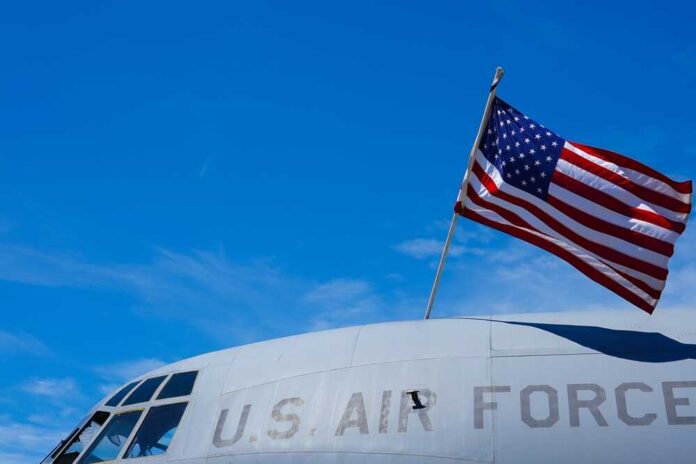Air National Guardsman Jack Teixeira, a 21-year-old from Massachusetts, was found to have had access to weekly intelligence briefings in a shocking probe by the Air Force.
His official duties were to answer phones and service HVAC systems. As a result of this access, fifteen other members of the Guard, including his previous unit commander, were disciplined for insufficiently supervising soldiers and failing to notify the appropriate authorities of suspicious activities that resembled espionage.
Following his unlawful acquisition and online dissemination of several sensitive documents, including some concerning the whereabouts of Ukrainian troops, Teixeira was accused in June of six charges of intentional retention and communication of national military intelligence.
While investigators did find that Teixeira leaked the data on his own, they also uncovered several other direct and indirect causes that had a role in the unlawful disclosures.
One such briefing took place in October 2022. Teixeira proceeded to ask particular questions, going so far as to try to answer them using knowledge about TS-SCI that he had no business knowing. At the briefing, leadership expressed concern about the suspicious conduct, but the airman dismissed their concerns, saying that the information could be found via “open sources.”
The incident involving Teixeira “seeing intelligence goods and jotting information on a post-it note” occurred again in September. He was subsequently confronted and instructed to destroy the document. The note’s contents and its shredding status were never confirmed, however.
Despite earlier orders to stop, Teixeira was spotted “reading intelligence information again” in late January of this year by a fellow Guardsman. More senior members of the squadron’s leadership were also alerted and made aware of three of the four occurrences before this one; a supervisor was also told, and another memorandum was added to the private’s record.
According to a study released Monday, the 102nd Intelligence Wing’s poor performance allowed private Teixeira to secretly acquire and share the classified data for almost a year.
















